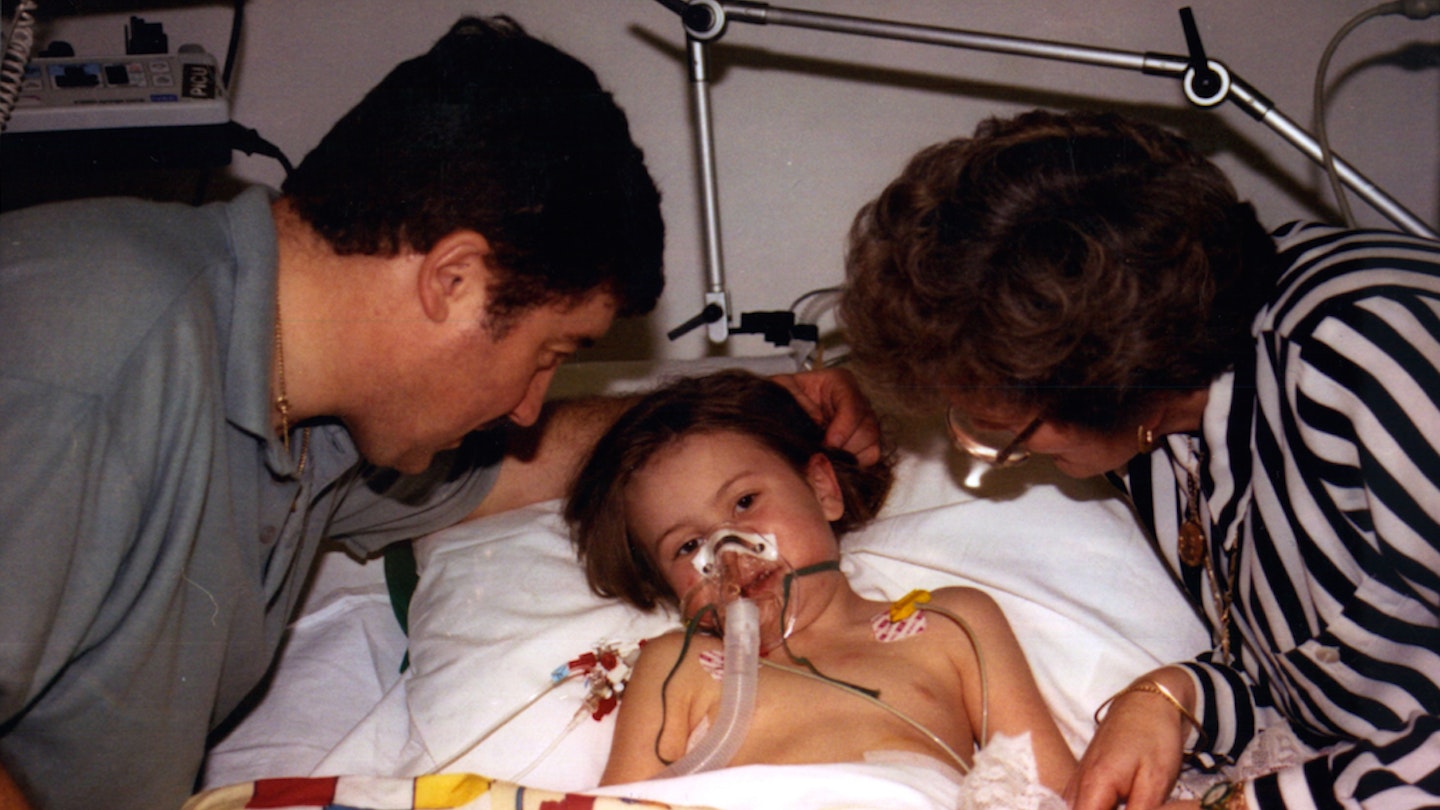What is meningitis?
The Meningitis Research Foundation explain: “Meningitis is inflammation of the membranes that surround and protect the brain and spinal cord. Septicaemia is blood poisoning caused by large numbers of bacteria in the blood stream.
“Meningitis can be caused by various bugs such as bacteria, viruses and fungi. Most severe cases are caused by bacteria. Meningococcal bacteria are the most common cause of bacterial meningitis.”
How do people contract meningitis?
“People get the disease when the bacteria move from the nose and throat and invade the body,” explains the The Meningitis Research Foundation.
“The bacteria that cause the disease are very common. At any time about 1 in 10 of us carry the bacteria in the back of the nose and throat. We pass the bacteria between each other by close contact (e.g. coughing, sneezing, kissing).
“Usually we have to be in very close or regular contact with someone for the bacteria to pass between us. Even when this happens, most of us will not become ill because we have natural immunity.”
Who is most at risk?
Anyone of any age can get meningitis but babies, young children under the age of 5 and teenagers are at the highest risk.
What are the symptoms of meningitis?
In the early stages, it can be very difficult to tell meningitis and septicaemia apart from milder illnesses.
It is vital to know the symptoms and to get medical help immediately if you are worried that an ill person may have the disease.
-
Fever
-
Vomiting
-
Severe headache
-
Pale, mottled skin
-
Rapid breathing / breathlessness
-
Limb / joint muscle pain
-
Stomach pain / diarrhoea)
-
Cold hands and feet
-
Shivering
-
Rash (anywhere on body)
-
Aversion to bright lights
-
Drowsiness
-
Confusion
-
Convulsions
-
Seizures
REMEMBER: The above symptoms can appear in any order, and some may not appear at all.
Meningitis symptoms in babies / young children
Anyone can get meningitis, but babies and young children under five years of age are most at risk.
Find out more about meningitis symptoms in babies and / or young children here.
What is Meningitis B?
Meningitis B is a bacterial infection that usually affects children under one year old.
Meningitis rash
A blotchy red rash is a possible symptom of meningitis.
Check the entire body, looking out for tiny red or brown pin-prick marks which can change into larger red or purple blotches and blood blisters. This includes looking at the palms of the person’s hands, the soles of their feet, the roof of their mouth, and the inside of their eyelids.
Remember, if you are seriously worried about someone who is ill, don’t wait for a rash to appear – get medical help.
However, if they are already ill and get a new rash or spots, use the Glass Test.
Find out more about the Glass test and meningitis rashes here.
How is meningitis treated?
Someone who has meningitis or septicaemia could become seriously ill very quickly. People who are ill need urgent medical help and prompt treatment with antibiotics.
Is meningitis contagious?
While most cases of meningitis are rare and isolated, it is contagious.
The bacteria can be spread through kissing, coughs and sneezes, shared cutlery, sharing items (such as toothbrushes or cigarettes), or prolonged close contact.
If someone is thought to be at high-risk of infection (such as a young child who has been in close contact with a child who has bacterial meningitis) they may be given a dose of antibiotics as a precaution.
What are the complications of meningitis?
Meningococcal disease (either meningitis or septicaemia due to Neissaria meningitidis) can cause some long-term complications.
Is meningitis deadly?
The Meningitis Research Foundation explains: “In the worst cases, even the best medical treatment cannot stop the disease from progressing and the patient sadly dies.
“About 1 in 10 cases of meningococcal disease is fatal, but quicker treatment improves the chances of surviving.”
Is there a meningitis vaccine available?
Vaccines do give excellent protection from meningitis, but they cannot protect against all forms.
Where can I find more information on meningitis - and support?
If you or your family has been affected by meningitis, further information and support is available from The Meningitis Research Foundation.
The charity also runs a 24 hour freephone helpline.
You can call them on 080 8800 3344.
We would like to thank The Meningitis Research Foundation for providing the information that helped us create this article
